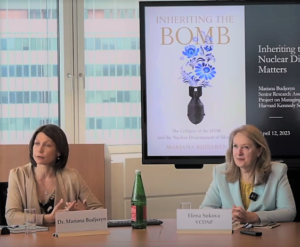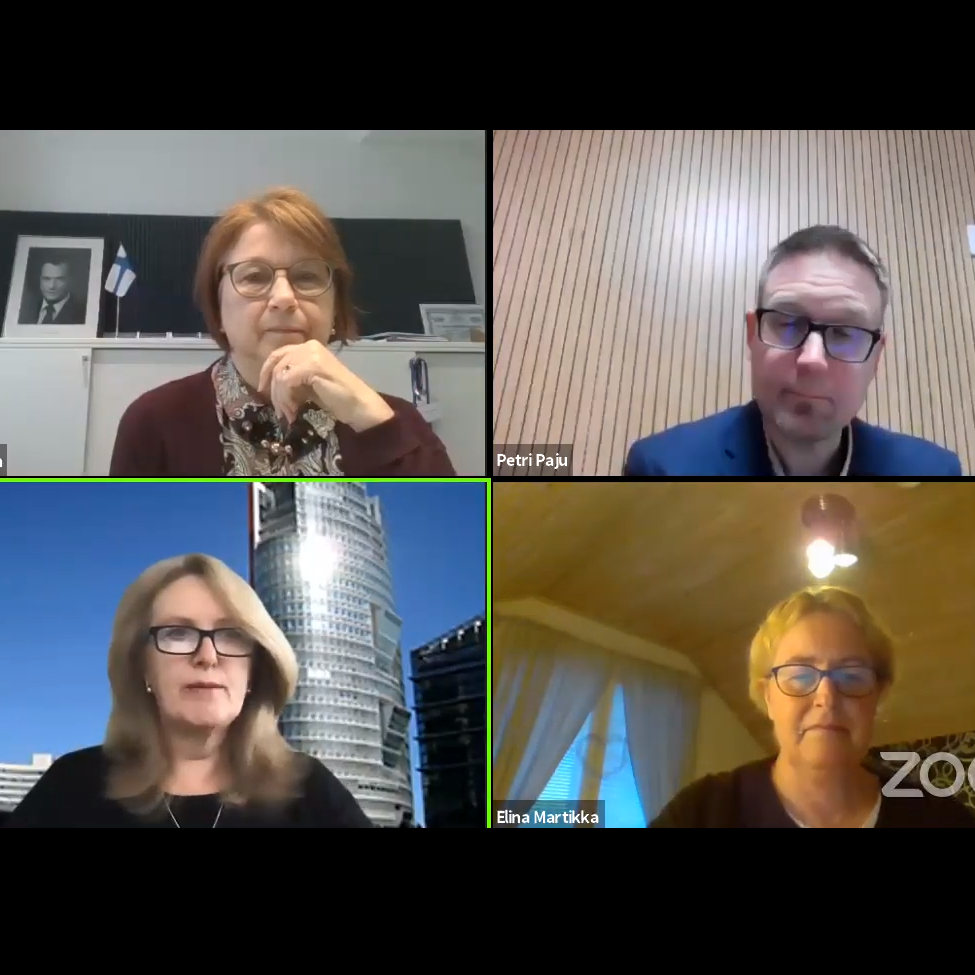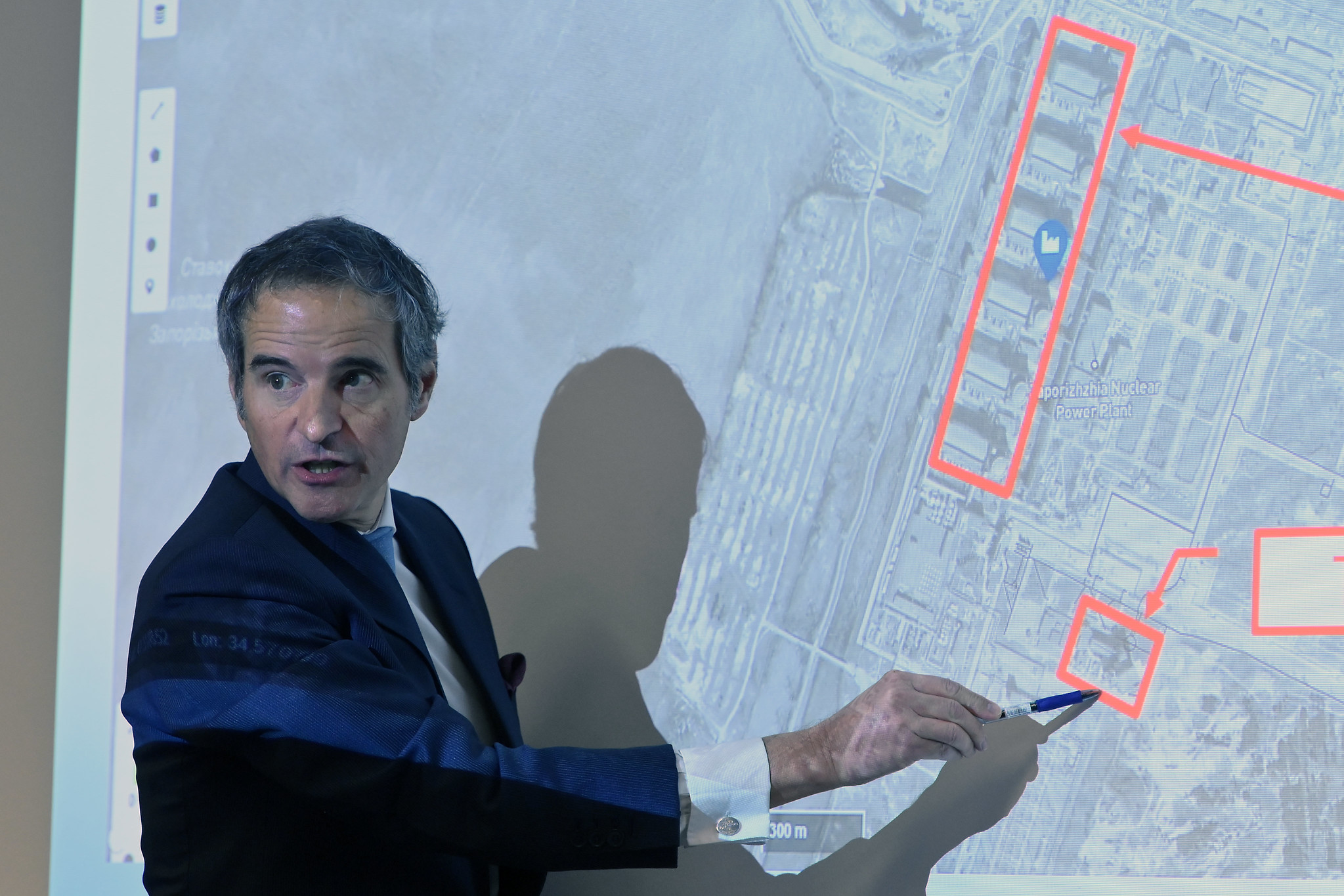
The VCDNP hosted a hybrid event to launch Inheriting the Bomb: The Collapse of the USSR and the Nuclear Disarmament of Ukraine, the new book by non-proliferation and arms control expert Dr. Mariana Budjeryn, Senior Research Associate with the Project on Managing the Atom (MTA) at Harvard University’s Belfer Center for Science and International Affairs.
Inheriting the Bomb details the looming proliferation crisis following the end of the Soviet Union, involving nearly 30,000 nuclear weapons, dispersed across four newly sovereign states: Belarus, Kazakhstan, Russia, and Ukraine. The book tells the story of the long national debates and difficult negotiations that led to Ukraine’s disarmament and accession to the Non-Proliferation Treaty (NPT) in 1994. It examines the domestic and international pressures and the critical role of the non-proliferation and arms control architecture of the time in encouraging and facilitating Ukraine’s transition.
The event was held on 12 April 2023, moderated by VCDNP Executive Director Elena K. Sokova.

Dr. Budjeryn began her presentation by noting the unfortunate timeliness of her book in light of the war in Ukraine and recent narratives about how Ukraine’s recent past may have unfolded differently, had it maintained a nuclear arsenal. To raise awareness of what happened between 1991 and 1994 and to address some of the voiced regrets about the decision to disarm in Ukraine, Inheriting the Bomb provides a nuanced account of the decisions taken at the time, and the arguments made in favour and against Ukraine surrendering its nuclear weapons.
Dr. Budjeryn laid out Ukraine’s dilemma as it inherited a vast nuclear arsenal in 1991, having a legitimate claim to being a successor state of the Soviet Union on one side, and facing significant pressure from the US and Russia to disarm on the other. Dr. Budjeryn spoke in detail about the ensuing debate between these positions and presented three key takeaways from her archival research:
Concluding her presentation, Dr. Budjeryn spoke about today’s assessment of Ukraine’s disarmament, emphasising the detrimental impact of its invasion by a nuclear-weapon State on the non-proliferation regime. She contrasted the willingness of the West to intervene in conflicts without the risk of nuclear escalation, such as the Gulf War and the Yugoslav Wars, with the war in Ukraine, where Russian nuclear deterrence is decisive for the West’s response. The value of nuclear weapons as an effective deterrent, she argues, has been clear in the current conflict.
In the following discussion with the audience, Dr. Budjeryn addressed questions regarding the flaws of the Budapest Memorandum, the military-industrial complex inherited by Ukraine, the zeitgeist of nuclear arms control in the 1990s, and lessons learned from the nuclear inheritance of Belarus.
The full recording is available below.



By continuing to use the site, you agree to the use of cookies. more information
The cookie settings on this website are set to "allow cookies" to give you the best browsing experience possible. If you continue to use this website without changing your cookie settings or you click "Accept" below then you are consenting to this.